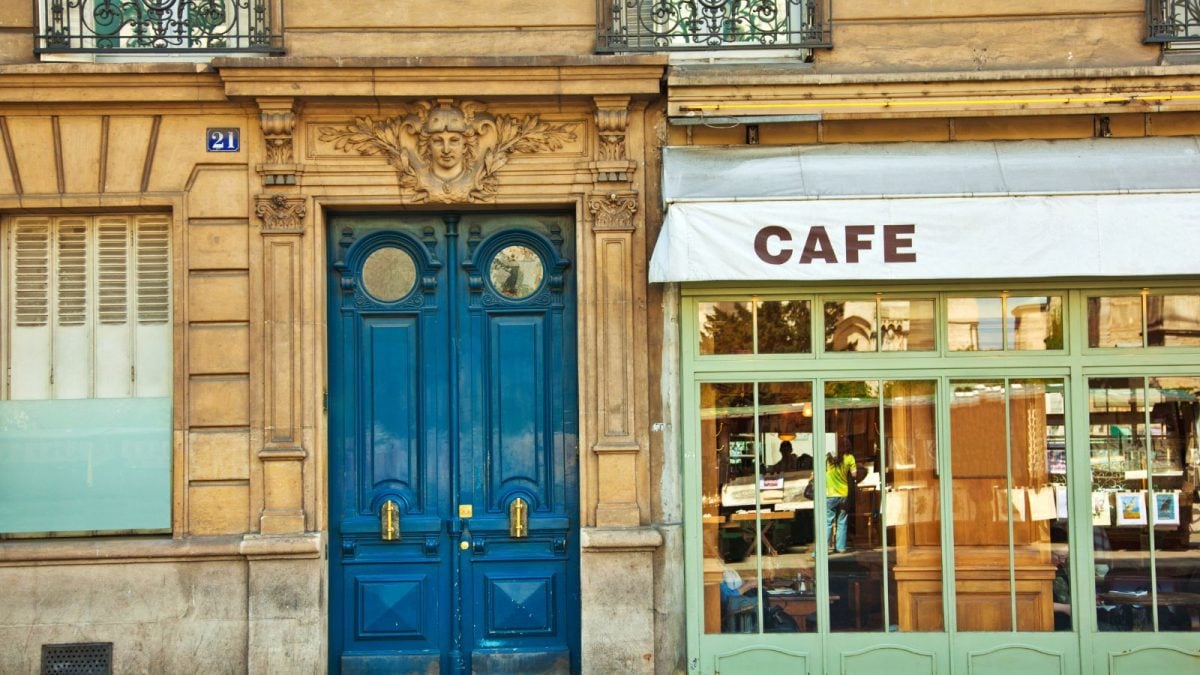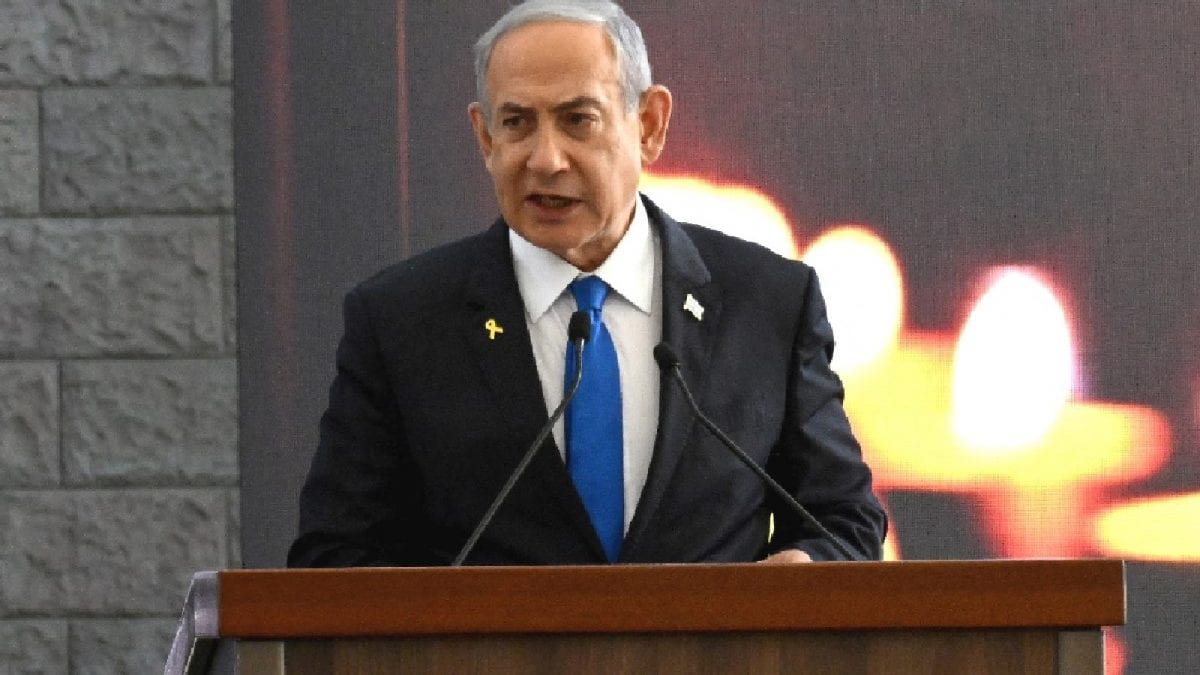Last Updated:
Inspired by this model, variations of garbage cafés have emerged in other parts of the country. In Siliguri, a group of school alumni started offering free meals every Saturday.

The garbage café idea attempts to connect the dots between two realities. Instead of treating waste as a nuisance, it becomes a currency. (Image: Representative)
In October 2019, Ambikapur in Chhattisgarh became home to India’s first garbage café, a small but symbolic attempt to tackle two challenges at once, plastic waste and hunger. The idea was simple and direct: bring in plastic waste, get a meal in return.
One kilogram of plastic earned a plate of rice, dal, vegetables, and papad for lunch or dinner. Half a kilogram fetched a breakfast meal. The café was set up near the city’s bus stand by the Ambikapur Municipal Corporation, and quickly became a talking point across the country.
Recommended Stories
The plastic collected did not end up in landfills. Instead, it was redirected into municipal recycling systems, sometimes even being used in road construction.
This gave waste a tangible value, while providing people with food in a way that upheld dignity. Ragpickers, the homeless, and daily wage earners who once struggled for a single meal could now trade in waste and eat at a table like everyone else.
Why the Concept Matters
India faces an avalanche of plastic waste every day, running into tens of thousands of tonnes. At the same time, food insecurity remains a pressing issue, with millions still struggling to secure two meals a day.
The garbage café idea attempts to connect the dots between these two realities. Instead of treating waste as a nuisance, it becomes a currency. For the urban poor, it is not charity but an exchange, cleaning the city and contributing to waste management in return for food.
In Ambikapur, the café serves around 20 people daily. That number may not seem large in a city of lakhs, but the symbolic power is enormous. Each meal given represents both a piece of waste removed from the streets and a person fed without stigma.
How It Works
The process is straightforward. Residents or ragpickers bring in plastic waste – bottles, wrappers, packets and hand it over at the café. Depending on the weight, they receive breakfast or a full meal.
The plastic is then sorted, cleaned, and shredded before being used in road construction or sold to recycling firms. The café is run by the municipal corporation, which funds it through sanitation budgets and waste management allocations.
On the first day of its launch, the state health minister himself turned up with a bag of plastic to demonstrate that this café was for everyone. One ragpicker, who had rarely sat at a table to eat, described the experience of trading one kilogram of plastic for a plate of hot food as “feeling like everyone else.”
Beyond Ambikapur
Inspired by this model, variations of garbage cafés have emerged in other parts of the country. In Siliguri, a group of school alumni started offering free meals every Saturday in exchange for plastic waste. In Mulugu district of Telangana, the administration rolled out a scheme where one kilogram of plastic could be exchanged for one kilogram of rice.
Delhi has also experimented with similar concepts through collaborations between municipal authorities and nonprofits. Each version adapts the model to local needs but stays true to the core idea, waste turned into food.
The Challenges
While the concept is inspiring, it is not without its limitations. Scaling remains a challenge. Feeding 20 people a day in Ambikapur makes a difference, but it does not address hunger or plastic waste on a city-wide scale. Logistics can be difficult too. The collected plastic must be stored, sorted, and transported safely without contaminating food operations.
Funding is another hurdle. Municipal budgets are often stretched thin, and if government support wanes, these cafés could struggle to survive. Plastic prices in recycling markets also fluctuate, affecting the financial sustainability of the model. Finally, there is the risk of stigma. The café must ensure that participants feel like customers, not charity recipients, and that meals are hygienic and served with dignity.
The Larger Picture
Despite these challenges, garbage cafés remain an important experiment in rethinking waste and hunger. They prove that incentive-based models can work. When waste is given value, people are motivated to collect and exchange it. When meals are provided in return, hunger is addressed without handouts.
For cities considering similar ideas, the lessons are clear. The café should be located in areas with high visibility and footfall, like bus stations or markets. Logistics of waste management must be tightly integrated with municipal systems. Partnerships with NGOs and schools can help in awareness campaigns. And food safety and dignity must remain non-negotiable.
A Symbol of Possibility
The garbage café in Ambikapur has become a symbol far larger than the 20 meals it serves each day. It demonstrates that even small cities can pioneer solutions that resonate nationally. By aligning hunger relief with waste management, it challenges the way we see plastic, poverty, and civic responsibility.
The model cannot, on its own, solve India’s hunger or plastic waste crisis. But it shows how creativity at the municipal level can spark national conversations. For every person who trades a sack of plastic for a hot meal, the message is clear: waste has value, dignity can be preserved, and solutions are possible when we look at problems differently.
About the Author
The News Desk is a team of passionate editors and writers who break and analyse the most important events unfolding in India and abroad. From live updates to exclusive reports to in-depth explainers, the Desk d…Read More
The News Desk is a team of passionate editors and writers who break and analyse the most important events unfolding in India and abroad. From live updates to exclusive reports to in-depth explainers, the Desk d… Read More
September 30, 2025, 13:51 IST
Loading comments…
Scan the QR code to download the News18 app and enjoy a seamless news experience anytime, anywhere
Go to Source
Author: News18



